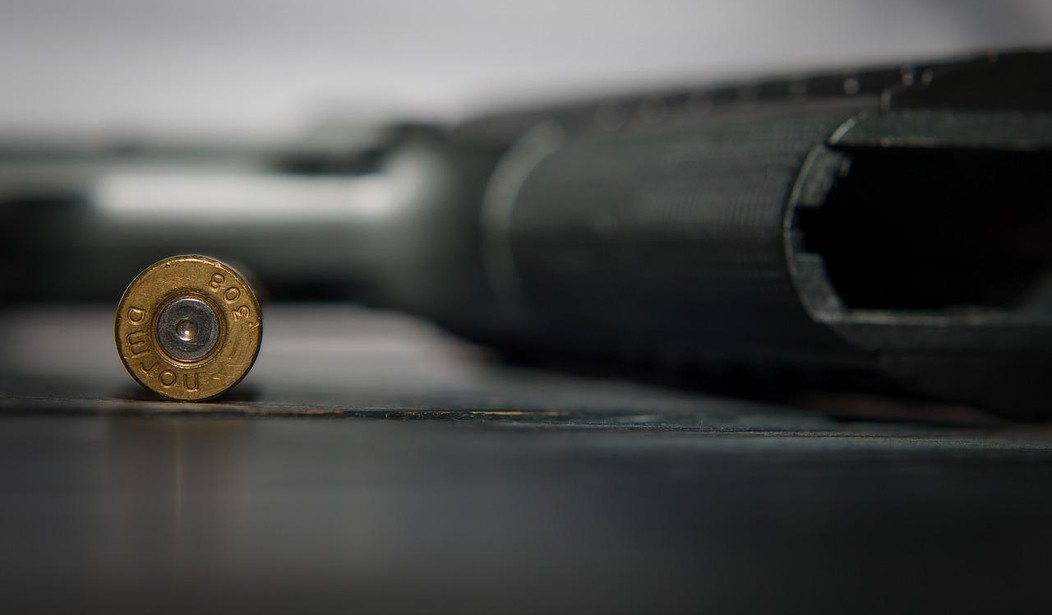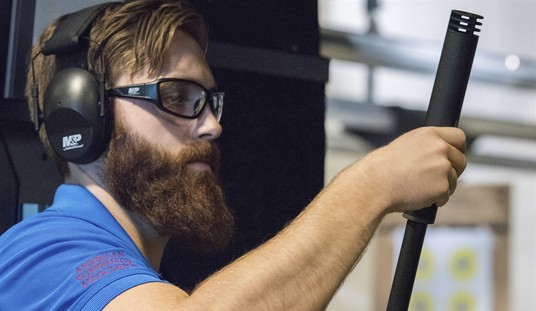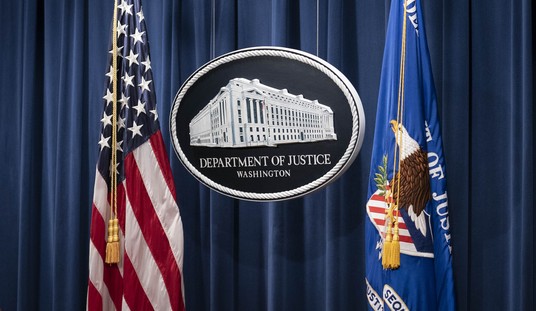Gun control activists insist that “red flag” laws are an invaluable tool for law enforcement by giving them the opportunity to take guns away from dangerous people before they do terrible things. Second Amendment activists, on the other hand, say that these laws don’t actually address the supposed dangerousness of a person, but do deprive individuals of their due process protections through ex parte hearings and a lack of access to a court-appointed attorney if they can’t afford to hire their own.
I’ve written thousands of words about why I’m not a fan of “red flag” laws, so I won’t reiterate all of my arguments here, but I will point out that there are generally plenty of laws on the books that can better address truly dangerous individuals than a practice that goes after their guns while leaving the individual to their own devious devices, including civil commitment laws and the many laws governing criminal activity that are already in place at the local, state, and federal level.
In fact, a mass shooting at an Amazon facility in San Antonio may have been thwarted, not because of any gun control law imposed by Texas lawmakers, but because someone was concerned enough about a co-worker’s threatening behavior that she contacted authorities to let them know what was going on.
Rodolfo Valdivia Aceves, 29, was arrested on Monday and charged with making a terroristic threat.
According to the arrest report, a fire alarm went off on June 24 at the Amazon Delivery Station on Sous Vide Way near Interstate 37 on San Antonio’s Southeast Side.
While employees were exiting the building, the coworker said Aceves told her that ” it would be a good idea to pull the fire alarm and have all employees exit the building and to commit a mass shooting,” according to the arrest report.
The coworker told investigators that Aceves then said “he will be doing it and he would commit a mass shooting.”
She didn’t immediately tell her superiors for fear of retaliation.
The coworker then said Aceves told her while she was giving him a ride from [work] that he would now know what school to go to and shoot up the school when she told him he had to go pick her kids up from school. After she mentioned the recent Uvalde school shooting, Aceves told her that the incident was an “idol.”
Investigators brought in Aceves’ father, who said that his son has had mental illness in the past and that he had placed the defendant in a mental health facility at the age of 16. He also said his son had stopped taking his prescribed medication after being on it for the previous two years.
Aceves’ dad also told investigators that his son had purchased a semi-automatic rifle at some point, and that the family was “scared” of him given his past behavior.
Aceves is currently being held on $50,000 bond, and if he’s convicted of the third-degree felony charge of making a terroristic threat he’ll be barred from lawfully possessing a firearm. It’s likely that one of the conditions of his bond will be to surrender his firearms until a trial has been concluded, and because of his previous mental history he’s also likely going to be going through a mental health evaluation to determine whether he should be involuntarily committed.
At the moment, of course, these are only allegations, and Acevas is considered innocent until proven guilty in a court of law, but let’s assume for the sake of argument that he really was planning on carrying out a mass shooting. Under a “red flag” law, Aceves could have had his guns taken from him for up to a year (longer if prosecutors tried to renew the petition) but would not have been mandated to receive any sort of mental health treatment and would not have been subject to any supervision by a probation or parole officer. Once his legally-owned gun was taken from him, the system would have considered the problem solved, though I doubt that his coworker who contacted authorities would have felt much safer as a result.
Under existing Texas law, on the other hand, Acevas could forevermore forfeit his right to keep and bear arms if he’s convicted of a felony or if the state’s civil commitment law is used to involuntarily commit him to a mental health institution for his safety and the safety of others. If he’s convicted or pleads guilty, it’s also almost certainly going to be the case that he’s subject to at least some time on probation or parole afterwards, which means the criminal justice system will be obligated to at least pretend to keep an eye on him and to step in if he violates the terms of his release.
The criminal justice system isn’t perfect, as we highlight every day on Bearing Arms’ Cam & Co in our “Recidivist Report” segment, but it’s still a much more appropriate and effective way of dealing with truly dangerous people than disarming them of any guns in their possession while leaving them free to acquire more on the black market or to use a vehicle, knives, or any other implement as their new weapon of choice. Red flag laws don’t address the underlying problem of dangerousness because they’re not designed to do that. They’re gun control laws masquerading as a mental health fix.
The most important lesson from this case, for me anyway, is that the real key to stopping these types of attacks is to speak up and say something when you have cause for alarm. We have plenty of laws on the books to deal with truly dangerous individuals even before they act on their murderous impulses, at least as long as law enforcement is willing to listen, but they can’t investigate what they don’t know about.









